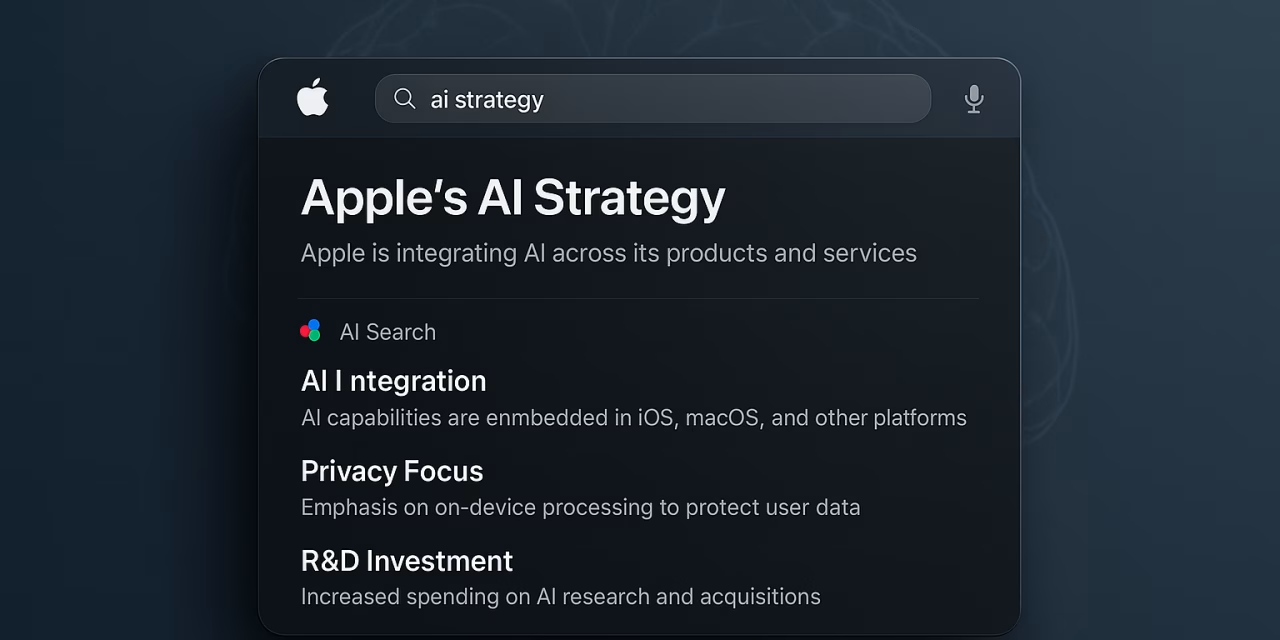June 29, 2025, marks a potentially seismic shift in the Artificial Intelligence landscape, with reports of Apple’s internal discussions to acquire Perplexity AI for an estimated $14 billion. This move, if materialized, would represent one of Apple’s largest acquisitions ever and signals a clear strategic intent to significantly boost its AI capabilities and reduce its long-standing reliance on Google’s search engine.
The potential acquisition of Perplexity AI, a startup valued for its advanced AI search functionalities, underscores Apple’s aggressive push into the generative AI space. For years, Apple has been perceived as lagging behind competitors like Google and OpenAI in the AI race. This acquisition would provide Apple with a robust foundation to integrate cutting-edge AI directly into its ecosystem, enhancing products like Safari, Siri, and potentially even its hardware.
This strategic maneuver has significant implications for the broader tech industry. It intensifies the competition in the AI search market, potentially challenging Google’s dominance and forcing other players to accelerate their own AI development. Furthermore, it highlights AI’s transition from an experimental technology to an essential business infrastructure, with major tech corporations deeply integrating AI into their core product ecosystems.
The month of June 2025 has demonstrated an unprecedented level of investment activity in AI, exemplified by former OpenAI CTO Mira Murati raising $2 billion for her new venture, Thinking Machines Lab. This period showcases AI entering a mature phase where practical considerations such as cost, energy consumption, and real-world deployment challenges are becoming as important as technical capabilities.
Apple’s potential $14 billion bet on Perplexity AI is more than just an acquisition; it’s a declaration of intent. It signifies a future where AI is not just a feature but a fundamental component of user experience, and where tech giants are willing to make massive investments to secure their position at the forefront of this transformative technology. The implications for how we interact with information and technology are profound, setting the stage for a new era of AI-driven innovation.





